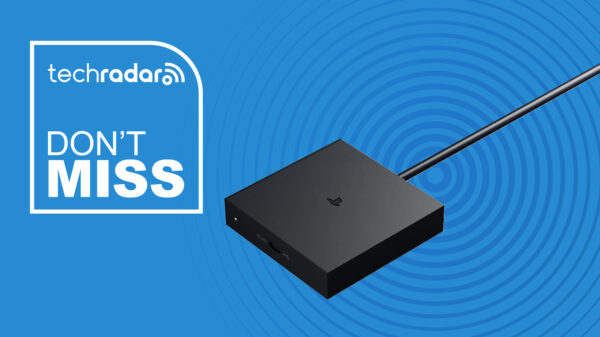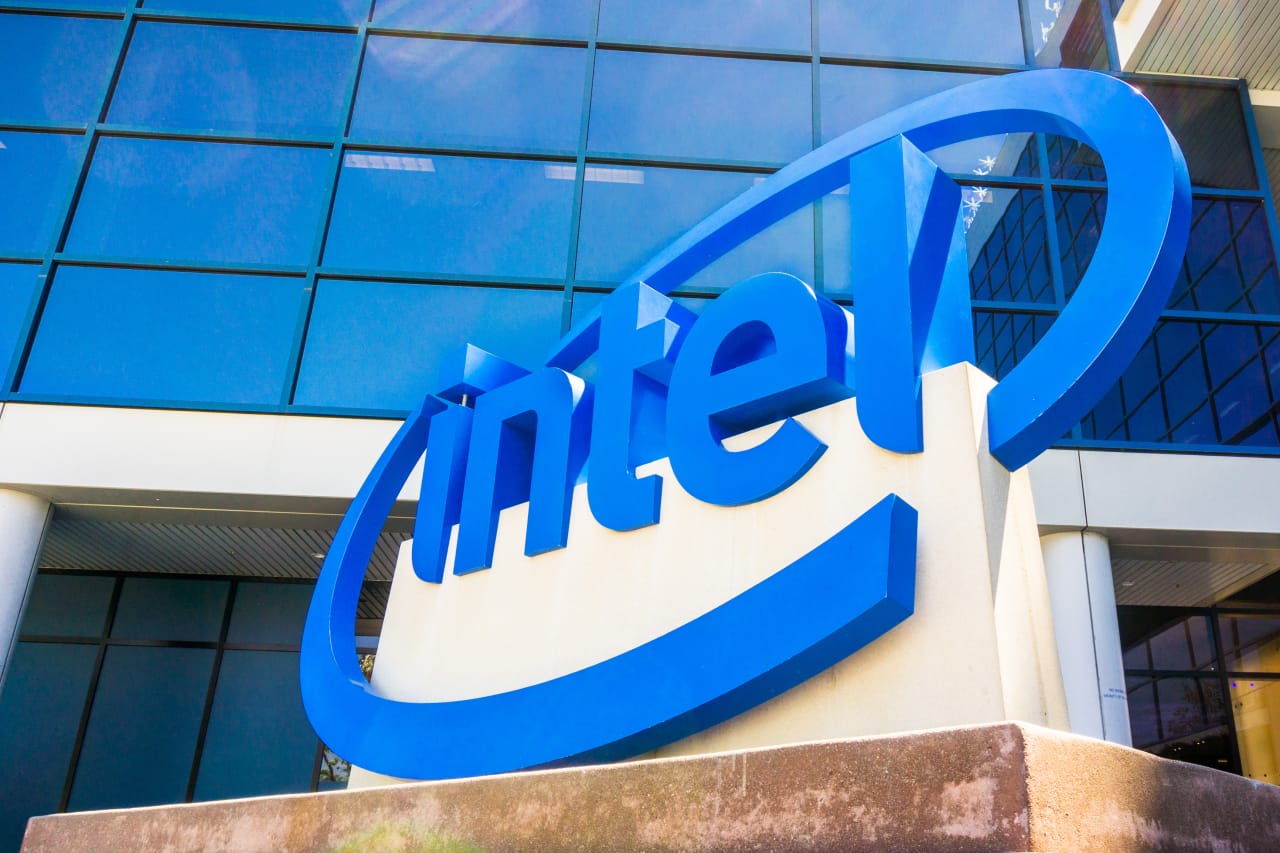Intel has announced the spin-out of its RealSense division, a move that reflects the company’s strategic shift towards enhancing its core artificial intelligence (AI) technologies. This decision, which was revealed on March 1, 2024, comes as Intel aims to streamline its operations and better compete in the rapidly evolving tech landscape.
RealSense, known for its advanced depth-sensing and computer vision technologies, will now operate as an independent entity. The new company, which is expected to keep its branding and continue developing innovative robotics applications, will be headquartered in California. This separation is part of Intel’s broader initiative to focus resources on its primary business areas, including AI and semiconductor manufacturing.
The decision to divest RealSense follows a series of strategic evaluations by Intel’s leadership. According to Intel CEO Pat Gelsinger, the spin-out allows the company to concentrate on its strengths in AI while enabling RealSense to pursue new growth opportunities without the constraints of its parent organization. Gelsinger stated, “This is a pivotal moment for both Intel and RealSense, as we each embark on our own paths to innovation.”
Investors have responded positively to the news, reflecting confidence in Intel’s long-term strategy. The company reported a net revenue of $19.5 billion for the last fiscal quarter, and analysts predict that the divestment could enhance focus on high-margin AI projects. RealSense has garnered significant attention for its role in developing AI-driven robotics, including applications in autonomous vehicles and smart home technology.
With this change, RealSense aims to attract new investments to accelerate its development of AI solutions. Industry experts believe that the spin-out could lead to enhanced agility and innovation, allowing RealSense to engage more directly with potential partners and clients in various sectors.
The robotics market is projected to grow exponentially, with an estimated value of $500 billion by 2025. RealSense’s capabilities in depth-sensing and machine learning position it well to capitalize on this trend. The company plans to expand its research and development efforts, focusing on both consumer and industrial applications.
Intel’s spin-out of RealSense is not only a strategic maneuver but also a reflection of the ongoing transformation within the technology sector. As companies adapt to the increasing demand for AI solutions, the realignment of resources is crucial for maintaining competitive advantage.
As Intel forges ahead with its focus on AI and semiconductor technology, the future of RealSense will depend on its ability to innovate and secure its place in a crowded marketplace. With significant growth potential in robotics and AI, both companies will be monitoring their progress closely in the months to come.








































































